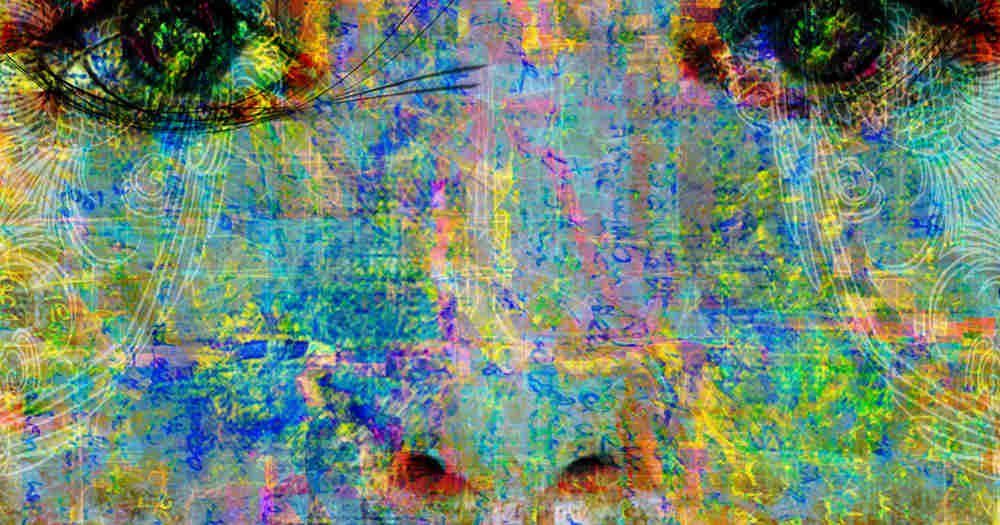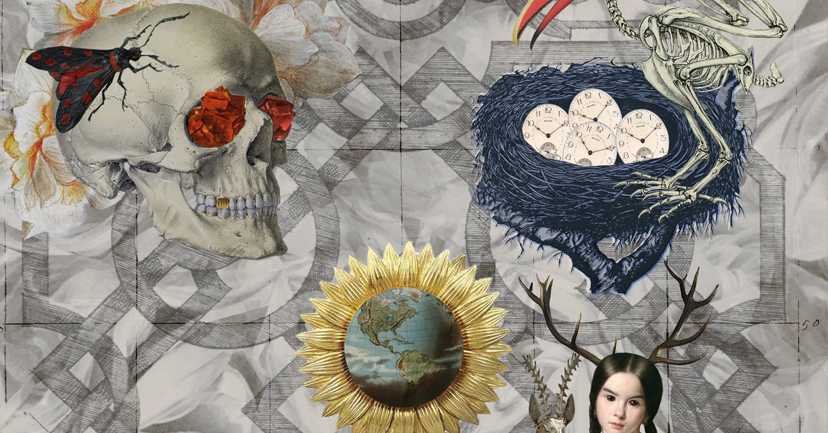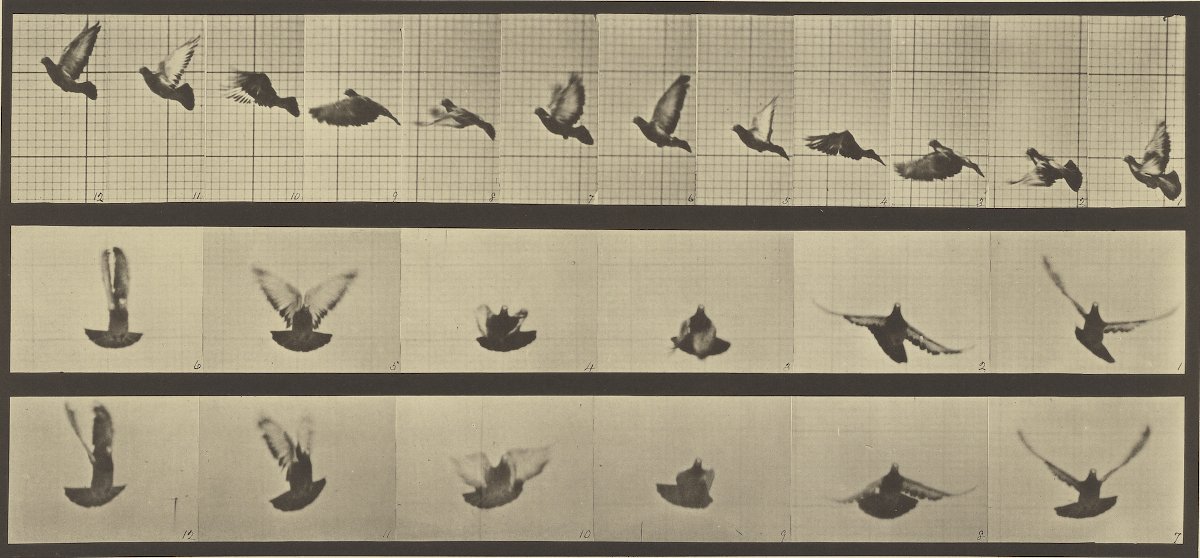Call it serendipity. Call it luck. Call it random events that just happened to be connected. Call it anything you want, but I just experienced a strange coincidence that boggles my mind a bit.
I had been thinking about a new post (yes, that’s what I do with most of my free time) about the notion of awareness and acceptance.

Incidentally, my process for writing posts is to latch onto an idea from something I have read, seen, or experienced, and create a possible title (usually alliterative) and simply create a blank file under that name. Then, I continue my reading, research, and reflection (you see, I can’t help myself) and seek out constructs, stories, and examples to make my point. As ideas pop into my head, I write them down and wait to see what emerges. So here’s what happened:
After living two doors down from a couple we had grown to admire and respect over the five years we have lived in Brooklyn, we were invited to join them for dinner in their house. As it turns out, they are teachers of dance in New York among other things – true polymaths. During our dinner conversation, they mentioned Tara Brach’s book, Radical Acceptance, which I hadn’t read. So, of course, I went home that evening, ordered the book, and devoured it in the next few days. Not only did the book stimulate a plethora of new ideas relating to awareness and acceptance, it also reinforced much of the work I had done relating to my Gurdjieff obsession and have been doing with my passion projects (Calm Clarity, Energy’s Way, The Eight Secrets of the Tao Te Ching). What struck me was that, while Brach’s book provided rich concepts, revealing stories, and personal disclosures, it did not describe an operational framework for translating these powerful ideas into practice. Her book opened up a whole new direction for this post, and it also happened to connect all three of my passion projects. That coincidence feels more like mystical magic than random relationships. But that’s another post . . . maybe.
To me, awareness and acceptance are the pillars for spiritual growth. First, we need a high level of self-awareness, and then we need to lovingly accept whatever we have become more intimately and intensely aware of. In my leadership coaching and development work, the starting point is to help clients become more self-aware and to clearly and explicitly identify their key strengths and weaknesses. Without awareness and acceptance of positive and negative attributes, real change is not possible. As Carl Rogers once said, “The curious paradox is that when I accept myself just as I am, then I can change.”
In order to accept ourselves just as we are, however, we need to be fully aware of who we are. Awareness is multi-dimensional. We are physical, emotional, intellectual, and spiritual beings. We are hard-wired with different personalities and are made up of singularly unique DNA combinations. We come from different ethnic backgrounds and have grown up in diverse environments. How do we sort all of that out without driving ourselves crazy? For me, we can deepen our awareness by asking what, how, and why questions.
Here are some categories and questions that will help to expand opportunities for increased awareness:
- Thoughts: What am I thinking about right now? What topics dominate my thinking?
- Feelings: How am feeling right now? Am I happy, sad, angry, confused, or fearful? How intense are those feelings? In what emotional state do I find myself most of the time?
- Sensations: What is my body telling me? Where am I feeling tingling or tension?
- Fears: What is my biggest fear: Dying? Not being loved? Not feeling worthwhile?
- Desires: What do I crave: Food, sex, money, status, power?
- Personality: What is my basic personality type? Am I hard-wired to be an achiever, a peacemaker, a helper, a researcher, an adventurer? Am I essentially introverted or extroverted? Am I more intuitive or fact-based? Do I like to keep things open or get them closed as quickly as possible?
- Looseness/Tightness: Am I feeling light and loose right now, or tight and tense? How conscious am I of the tension in my body? In this moment, am I dancing or marching?
- Numbness: How sensitive am I to other people? To the environment? To my own feelings? What am I seeing, hearing, tasting, touching?
- Habits: How much of my day is spent on automatic pilot? How are my routines constraining or constricting the way I see the world? How are conventions or traditions limiting what I see as possible?
- Values: What is profoundly important to me? How congruent are my actions and stated beliefs?
- Hot buttons: What puts me in a reactive mode. What do I need to let go?
Beyond these fairly fundamental questions we could also become more aware of larger issues like how our brain works – even how it evolves, e.g. why do friendly snakes cause more alarm than the scary science of climate change? Once we have deepened and broadened our awareness of what is going on in our lives, we can address the question of how to deal with this newfound awareness.
As I read Radical Acceptance, I was struck by three main themes weaving through Brach’s book: Pause, Open, and Experience. To me, pause means stepping back, taking a breath, and reflecting on what’s going on inside and outside. Open means broadening our horizons, letting go of tension, and exploring new possibilities. Experience means welcoming new thoughts, feelings, sensations; waking up to the beautiful, the possible, and the gifts of living; and making love with life whether that means dancing down the street, holding tightly a loved one, or letting THIS in.
Yes, I know we can’t just put our life on pause to ponder all these questions. Life has its demands and requirements. Stopping for a moment, however, to reflect on what’s going on and how we are reacting can have enormous benefits. And yes, there are reasons we shut down and close people out. Opening to a possibility, however, gives us a chance to shift our emotional and mental state as well as our bodily reactions. Finally, I realize that all experiences have not been positive in our lives.
Both the Buddha and Rumi, however, gently suggest that we welcome all “intruders” into our house and offer them a cup of tea over which we can have a conversation about their role in our lives and what they are telling us about ourselves.
So that’s a brief overview of the “what” and “how” of awareness. What about the “why?” This answer is simple: you have to name it to tame it. In the Broadway play, Next to Normal, the story revolves around a family who lost a child and experienced the shattering devastation of having to cope with his death. Even though the child had been dead for years, he still had a palpable presence in the house. Until the family finally stepped up and acknowledged the empty chair in the room and the impact of the son’s death on family dynamics, they were unable to achieve any sense of “normalcy.” The acknowledgement freed them to live a “next to normal” life. Thus the importance of deep awareness.
For me, though, awareness is necessary but not sufficient. We also need to accept what we become aware of. Clearly that was Brach’s intent in Radical Acceptance, but as much as I loved the book, it still left me unclear about the “how” of acceptance. Fortunately, I have been lucky enough to be associated with many extremely gifted and talented people who have helped me move more toward acceptance. Master Luke Chan (www.chilel.com), Dr. Artie Egendorf (www.energysway.com), and Due Quach (calmclarity.org) all provide unique, detailed, step-by-step perspectives on how to increase awareness and acceptance in our lives. You may want to check out the links.
Luke Chan is a Qigong Master whom I have known for over 20 years. He recently wrote a book entitled the Seven Secrets of the Tao Te Ching which is the most comprehensive translation of Lao Tzu’s ancient work. The practice of chilel qigong is based on the Tao Te Ching and is designed to increase awareness and acceptance.
Artie Egendorf is a fellow Vietnam Vet, award winning author, early researcher on the effects of PTSD on war veterans, Yoga teacher, clinical psychologist, and founder of Energy’s Way. He recently developed breakthrough work on welcoming energy flow and, yes, translating awareness into acceptance and beyond.
Due Quach is a Vietnam boat refugee who grew up in a gang infested, drug-ridden inner city and went on to graduate from Harvard and Wharton. She then worked for a high powered consulting firm and worked throughout Asia doing her consulting work and seeking out spiritual healers. She returned to inner city Philadelphia to teach Calm Clarity to underserved kids. She recently published a book on her experience and science-based approach for shifting into high level awareness and acceptance.
Luke taught me how to focus, center, and turn in harmony with the universe. Artie taught me how to live with more ease, flow, and grace. Due taught me how to notice different mental and physical states, tune-in to them, and shift to a state of Calm Clarity. Since I’m a terrible student, I haven’t been able to master any of the skills they have so generously provided. I have acquired the words, however, for talking about these esoteric ideas and for sharing ideas that may be helpful to others – which, of course, is why I’m writing this post now.
What I have learned is that this journey to awareness and acceptance is not a competition to see who can get there first or become the most aware and accepting.
It is simply an ever-growing realization of the power and peace of being fully present in a moment. With awareness and acceptance comes gratitude for this day and the life we have been give – there is no more. I don’t know if its serendipity, or luck, or a magical mystery; but I do know that I’m thankful for what has come my way.




[…] I like to practice qigong, meditate, do yoga, and study esoteric literature. You might say I have become a bit routinized in my habits and disciplines. But what I find now, […]
[…] was required of her. She found that, only by letting in abundant and ever-present Sources of love, acceptance, and forgiveness was she able to take charge of her life and let her real self […]